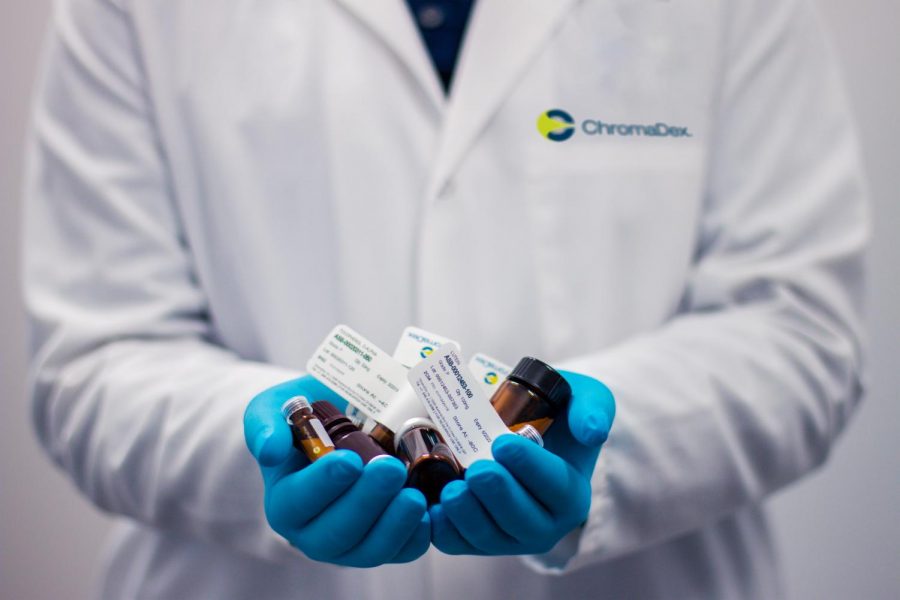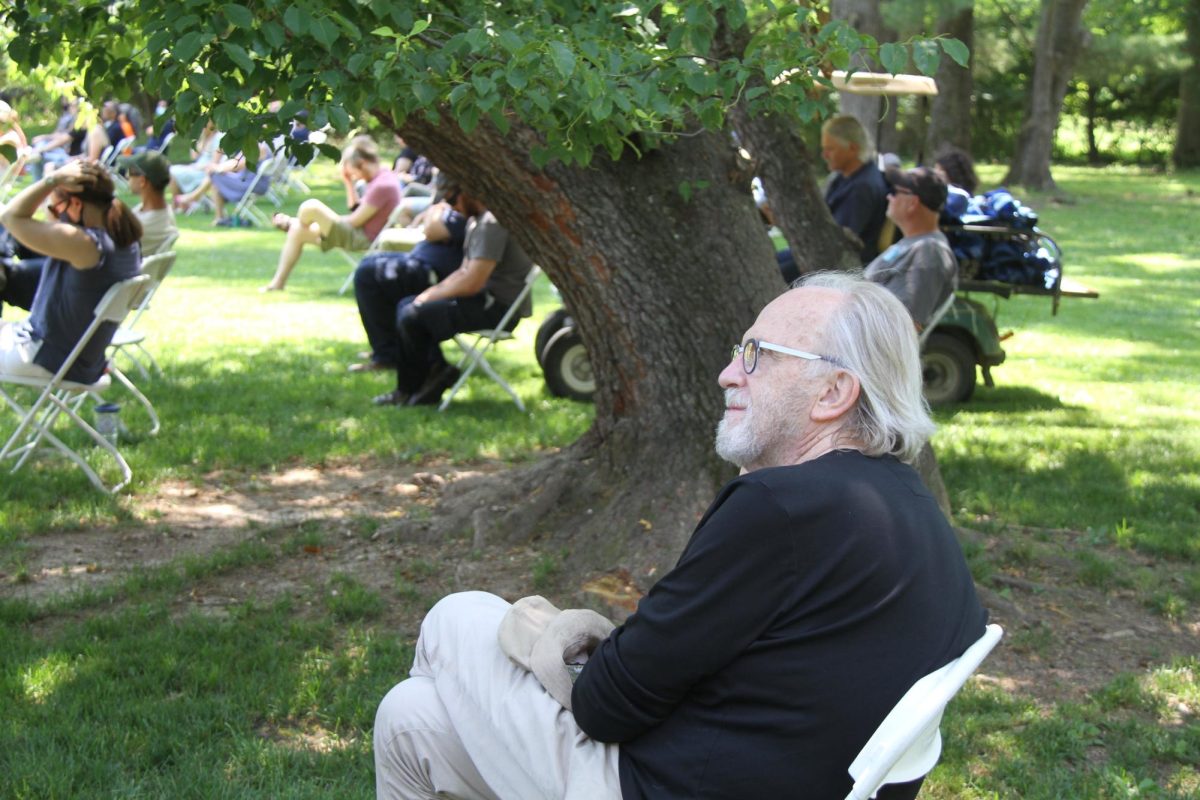Why Does COVID-19 Disproportionately Affect People of Color?
Healthcare workers during the COVID-19 crisis work long and difficult hours, jeopardizing their safety. (Photo/Kendall/Unsplash)
May 12, 2020
What does race have to do with the coronavirus pandemic? Recent studies and research have shown that the coronavirus infection rate is undoubtedly higher among African Americans compared to Caucasians. In fact, more than half of Chicago’s reported cases of Coronavirus occurred among African Americans, even though they comprise only one-third of the city’s total population. The infection rate of coronavirus among African Americans is about three to four times higher than the infection rate among Caucasians. Desperate researchers found themselves puzzling over these bizarre statistics, and finally, they came up with a few contributing factors that put African Americans at a higher risk of contracting the virus.
The first and foremost concern the researchers and health care providers have is the fact that many African Americans tend to live in more crowded housing, which complicates social distancing. Additionally, workers for essential jobs have continued to work tirelessly despite the ongoing pandemic, and many of these essential workers are African Americans. According to labor statistics compiled by the Center for American Progress, essential jobs such as food services, hotel industries, and taxi drivers are mainly comprised of African American workers. These jobs all require in-person interaction; therefore, they also make social distancing more difficult. A study conducted by the National Institutes of Health in 2014 showed that hospitals in predominantly black neighborhoods close down at significantly higher rates compared to those in predominantly white neighborhoods. Closing down hospitals indicates the lack of proper and accessible healthcare for African Americans. Thus, African Americans are more susceptible to contracting the coronavirus.
Many other factors seem to play a role in the high infection rate of Coronavirus among African Americans; however, one particularly crucial factor is the poor public health care system. For instance, without an effective vaccine or cure for the coronavirus, washing hands has been proven to be the most effective way of preventing the virus. However, according to recent PDS speaker Dr. Mona Hanna-Attisha, “Families in Flint can’t even wash their hands.” More than 100 students and faculty attended the livestream with Dr. Hanna-Attisha on May 4, during which she shared her experience of risking her career as a pediatrician to investigate the Flint Water Crisis. Both the Flint Water Crisis and the COVID-19 crises are the results of a poor public health system. “Sadly, as this pandemic has illustrated, working in public health is as much a job as working in social justice. We need to do better,” senior Tommy Bocian expressed after interviewing Dr. Mona Hanna-Attisha and learning about the risks people of color are facing right now.
This topic deserves more attention from both the public and the government. COVID-19 not only affects people’s health, but it will also greatly damage our economy in the future. As we stay in quarantine, let’s not forget to stay updated and spread awareness on injustices people might be facing due to the ongoing pandemic.






